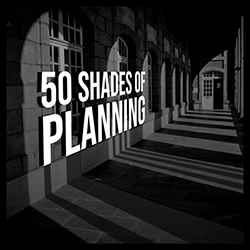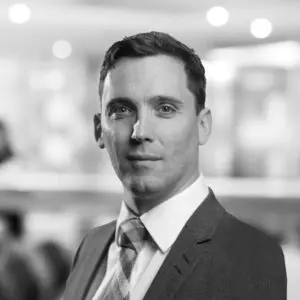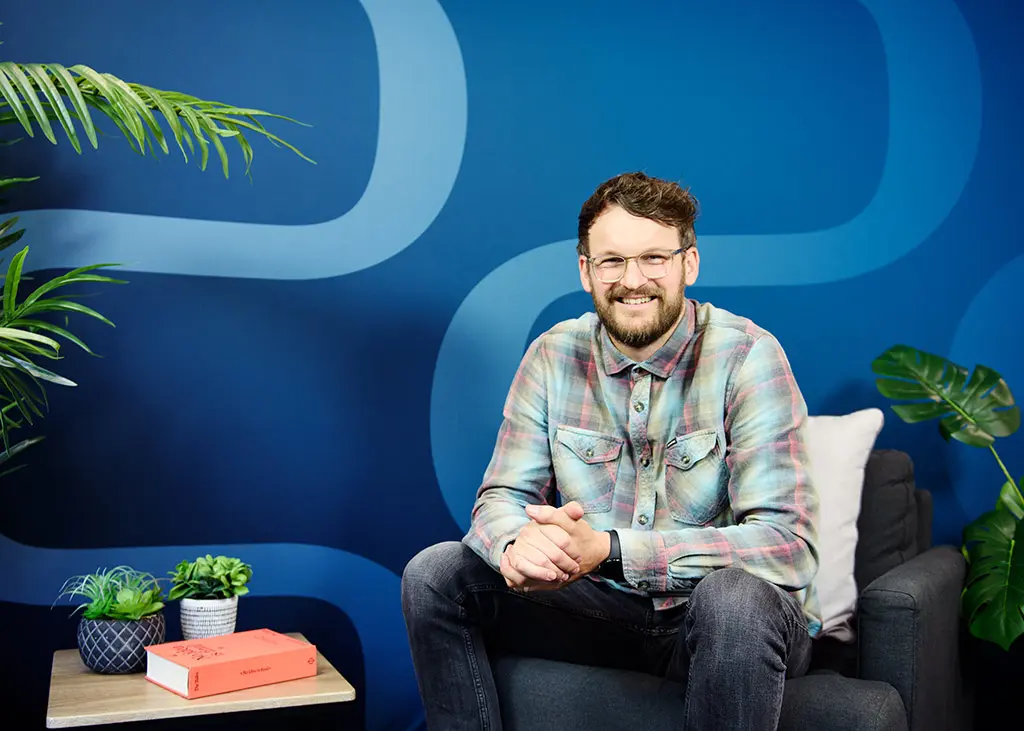This episode explores two crises, one of which is a very public one and the other a more private one. There is a housing crisis. Millions of people live in unaffordable, insecure or unsuitable homes; young people are living at home with their parents for longer; and the average age of first time buyers gets older.
At the same time there is something of a crisis in golf. There was a spike in 2020 as it became one of the few things that people could do outdoors during lockdown, but the longer term trends in both club membership and participation are very much downwards.
These crises intersect. Why, commentators have asked, given an over-provision of golf course supply and an under-provision of housing supply, don’t more golf courses come forward for development? If London’s golf courses, for example, were a borough in their own right it would bigger than Brent and only slightly smaller than Sutton. Given too that 43 of London’s golf courses are within public ownership, mostly the London boroughs themselves, why are they being used to the benefit of the few rather than the benefit of the many?
Sam Stafford puts these questions to:
- Russell Curtis, Director at RCKa
- Tim Lloyd-Skinner, MD at Melior Golf and Regional Director at Golf Management Group
- Kathryn Ventham, Director, at Barton Willmore
Some accompanying reading:
- Russell’s Golf Belt Blog
- London golf courses could provide homes for 300,000 people, study says – The Guardian
- Golf’s stranglehold on land in London should be broken – The New Statesman
Some accompanying listening- Straight Down The Middle by Bing Crosby
Some accompanying viewing- ‘The shot of a champion‘. Sam’s approach to the 18th at Belton Woods in 2017, the second of his now three wins in the prestigious Disco Steve Invitational Journey (commentary by Sam’s friend Nigel).
BECG proudly supports the 50 Shades of Planning Podcast from Samuel Stafford, Regional Strategic Land Director at Barratt Developments.
If you’d like to take part in the podcast or want help managing or launching your own podcast then please get in touch on 0161 359 4100or email Kevin Whitmore.




